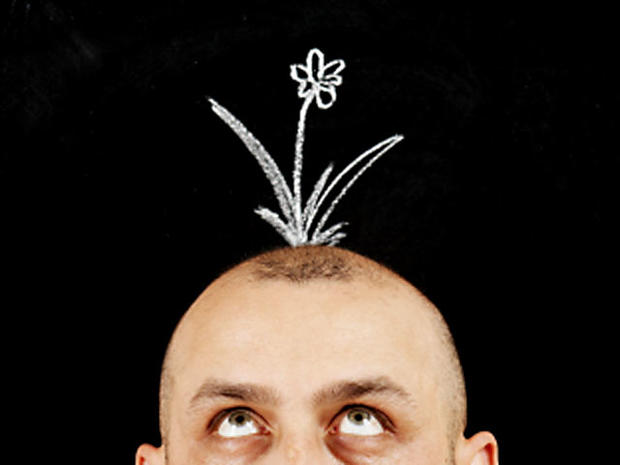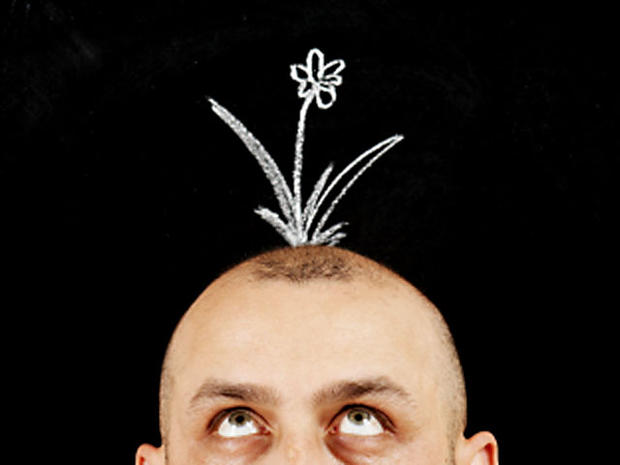
Have you heard people say, take care of your hair else you will end up like your grand dad or dad. Did you ever ignore it saying it’s just a myth? Well buddy, please come to terms with the truth, your genes play an important role in the way your hair behaves.
Is it Maternal?
If you are happy that it’s your mom’s genes that you’ve inherited through and through and hence you have nothing to worry, then you really need to read this. Although it is true that one of the chromosomes from your mom is the deciding factor for baldness, you cannot rule out the fact that men whose fathers are bald have twice the risk of going bald themselves.
Then It Must Be Paternal
Well No! Not your dad always. There are men who have become bald in their 20s but their dad’s still in the 50s have great hair. How does this happen? The fact is, if baldness has been anywhere in your blood line, then you are at a high risk to go bald. The culprit who is responsible for genetic hair loss is androgen, which is a hormone in the human body. This is a male hormone which is present in the body of both men and women. If the hormone levels go high for some reason, then they end up in hair loss. This is called androgenetic alopecia.
Androgenetic Alopecia
While androgenetic alopecia may lead to total baldness in men, it rarely causes the same effect in women. Having said that, the hair loss in women under this condition is quite high with scalp visibility, which is as bad as total baldness.
Androgenetic alopecia is of two types- male pattern baldness and female pattern baldness.
The pattern of hair loss differs in men and women. In men, hair line begins to recede and forms an M shape on the head and ends up in partial or complete baldness. In women, hair begins to thin out at the crown and diversifies from there expanding to the entire head. In men this may signify some serious health issues such as high blood pressure, prostate cancer, diabetes and obesity while in women it may be associated with polycystic ovarian syndrome. High cholesterol level is also one of the reasons for excessive hair fall.
Scientists widely believe that a unique gene namely AR gene is responsible for androgenetic alopecia. This gene when present in nominal levels takes care of production of a protein called androgen receptor, which helps the body to respond accordingly to the androgens produced in the body. If the variations in these genes arise, they disrupt the normalcy and lead to increase in androgen levels leading to hair fall.
It is still unclear how the levels of androgens increase suddenly. However it can be attributed to hormonal changes due to stress, diet patterns and protecting overall health.
Although this is a hereditary condition the earlier you notice the signs of hair fall with its root cause the better. A few changes in your diet and lifestyle along with proper care can help you save the hair on your scalp.
Liked this article on Role Of Genes In Hair Loss and have something to say? Comment below and don’t forget to SHARE THIS ARTICLE!

